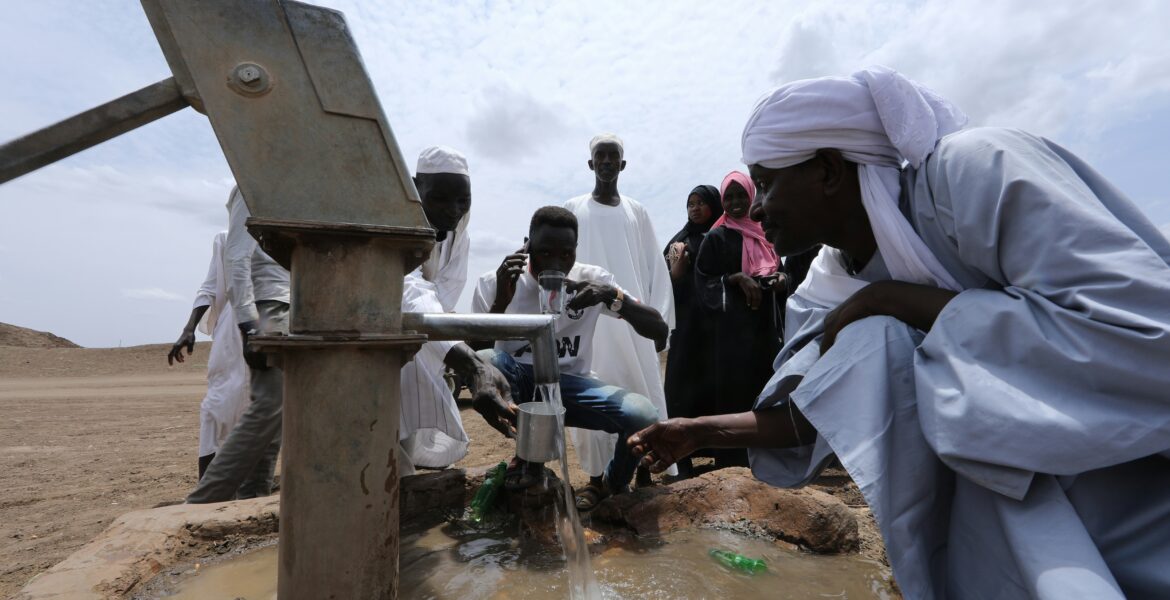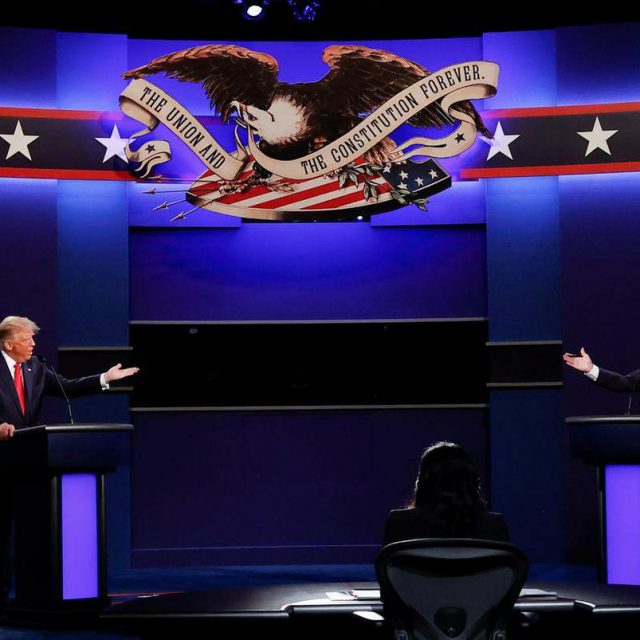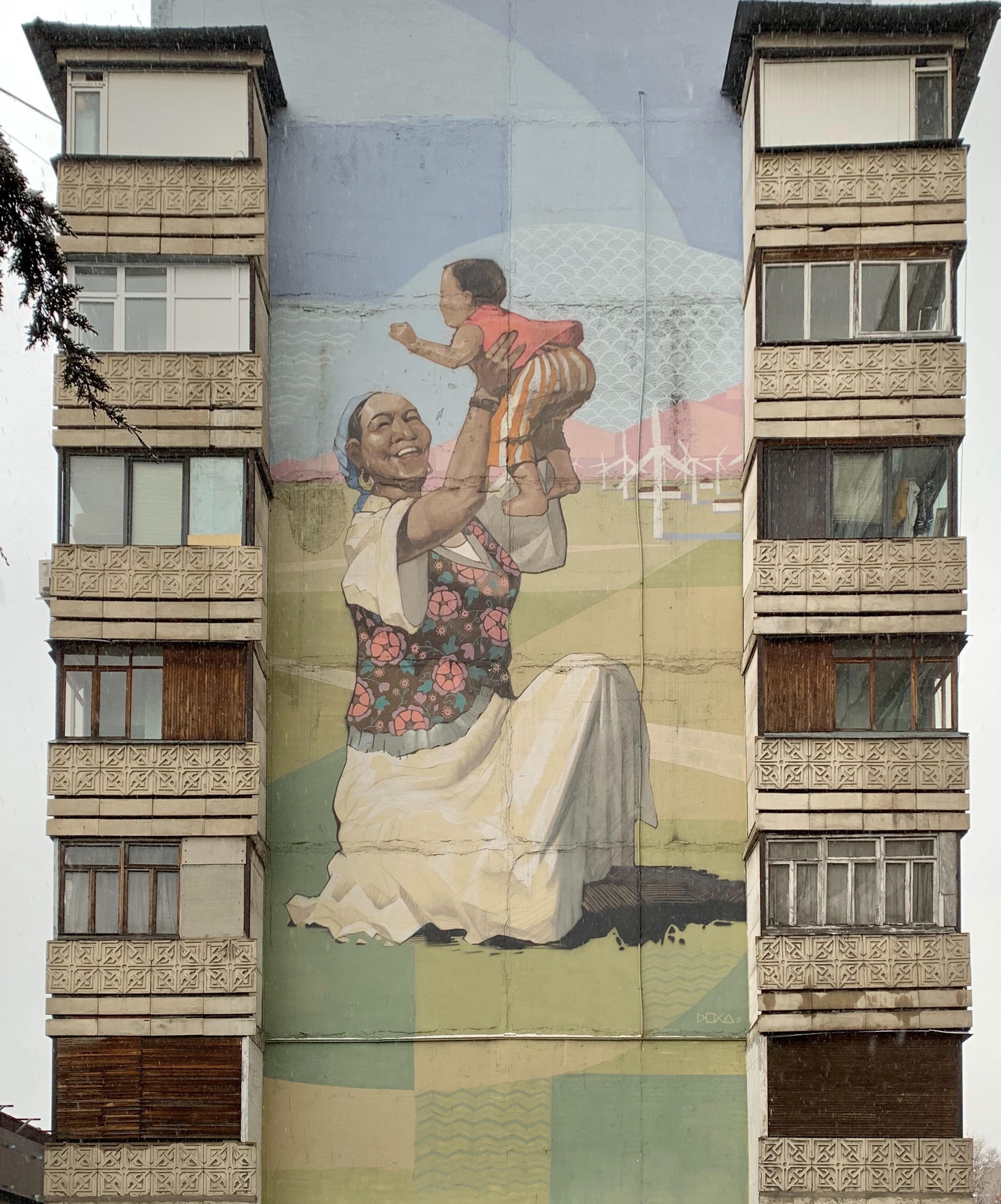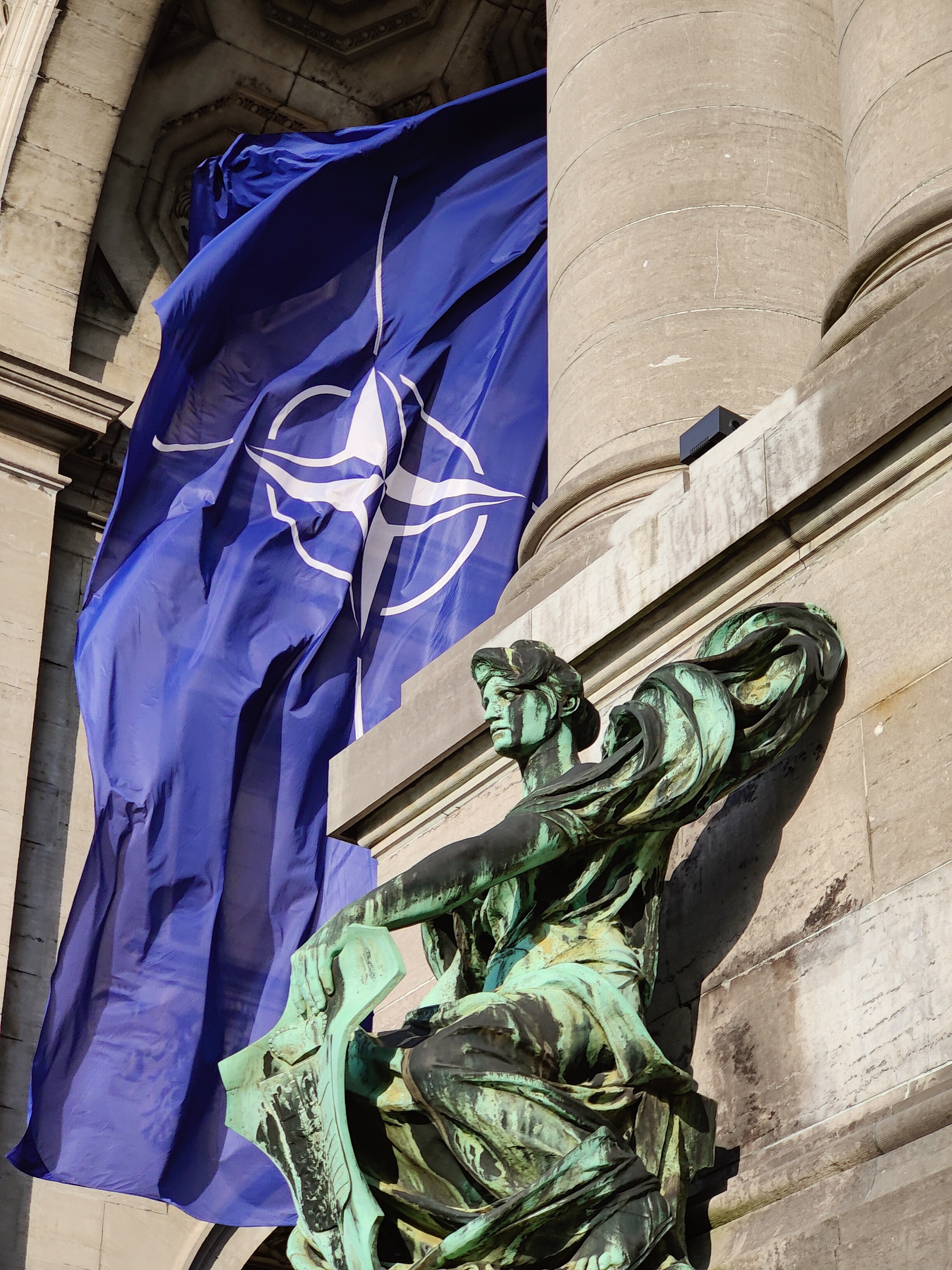Photo by Mohamed Tohami on Unsplash
The US State Department’s imposition of sanctions against the Sudanese Armed Forces (SAF) over their use of chemical weapons suggests the beginnings of a shift in the international community’s engagement with the crisis in Sudan.
Along with concerns over Iran and other nations supplying the arms that enabled the SAF’s recent advance to Khartoum, its reoccupation of the capital, and the fighting’s westward shift to the Rapid Support Forces (RSF) stronghold in Darfur, the confirmation and condemnation of the SAF’s use of chemical weapons signals that the US, and allies such as the UK, are becoming more realistic about the depth of the crisis and the role of the SAF.
The humanitarian crisis now engulfing Sudan as a result of the conflict, is among the worst human catastrophes in living memory. Yet the SAF’s shared culpability – and that of its weapons suppliers – has until recently been implicitly exonerated on the misleading assumption that the SAF is the armed force of what increasingly is referred to as the government of Sudan. In fact, the SAF regime has as little claim to state legitimacy as its main armed rival, the RSF. It was the SAF’s Commanding General, Abdel Fattah al-Burhan, who headed the armed coalition which overthrew a civilian government in 2021, then fell out with his coalition partner, RSF leader Mohamed Dagalo, when the latter refused to commit the RSF to integrating into the SAF, which would have meant effectively submitting to Burhan’s supremacy.
In short, the SAF’s weapon-supplying states are at least equally responsible for the escalation of the fighting. Each of these states has its own interests. Each has contributed to the capacity of the SAF to regain control of Khartoum, which has been destroyed in the name of liberation. And each is enabling the SAF regime to beat back its rival, establish Sudan as an Islamist regime, and secure its own economic interests.
There is a double standard at work here, and it stands in the way of resolving Sudan’s humanitarian catastrophe. Calling it out, and urging the UN Security Council, as Amnesty International has done, to extend the existing arms embargo beyond Darfur to the rest of Sudan, would be a powerful contribution to the search for solutions. The tough line that the US and UK are taking on the SAF’s use of chemical weapons is to be welcomed. It is a sign that a more clear-eyed view is beginning to emerge of the conduct both of the SAF and of those states that are supporting its interests.
It is apparent that patience is also wearing thin with the unwillingness of SAF leader General Abdel Fattah Abdelrahman Burhan to engage in any form of peace process. He has said on multiple occasions that he will only consider peace if the RSF is defeated. An exiled former Sudanese government official explained: “Al-Burhan now sees this war as an opportunity to eliminate his rivals and to lead the country. Most of us who know him believe he has no interest in a future civilian government. It isn’t just him – it is those around him. His leadership group also have no interest in talking to the RSF, as they think the SAF can win. General [Yasser] al-Atta has influence on al-Burhan and sees the objective of the war as eliminating all of the RSF. He also has links to the Islamists in Sudan and coordinates their involvement with the SAF.”
Similarly, Burhan’s new prime ministerial appointee, Kamil Idris, a technocrat and academic of some pedigree, has committed himself to a policy of eliminating the rebellion and all forms of militias. Cameron Hudson of the Centre for Strategic and International Studies, is reported by Al-Monitor as saying: “Any power that civilians have is essentially just given to them by the military.” Put another way, Prime Minister Idris is little more than a mannikin for Burhan’s avowed policy of exterminating the SAF’s opposition—making the conflict existential, and thus more likely to descend into further extremes of violence.
In the end, only a militarily enforced international arms embargo over the whole of Sudan can hope to reduce the violence and pave the way for an ending to this crisis, and Sudan’s longer term return to stability. With the world utterly distracted by Trump’s tariffs, Ukraine, Gaza and general geopolitical jockeying, that seems unlikely.
Meanwhile, it would seem prudent, if not equitable, to refrain from de facto conceding recognition of the SAF as a legitimate government. There is a world of difference between Burhan’s interests and those of the suffering people of Sudan.




